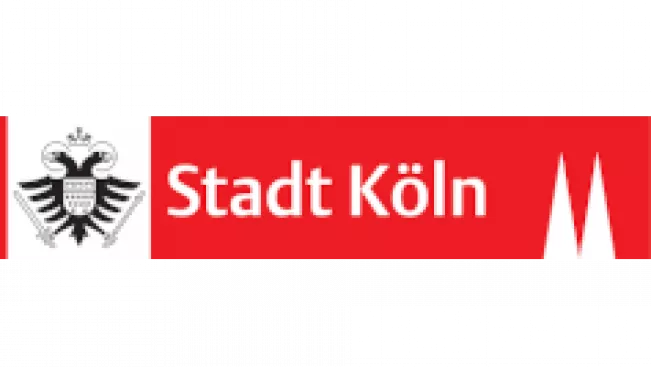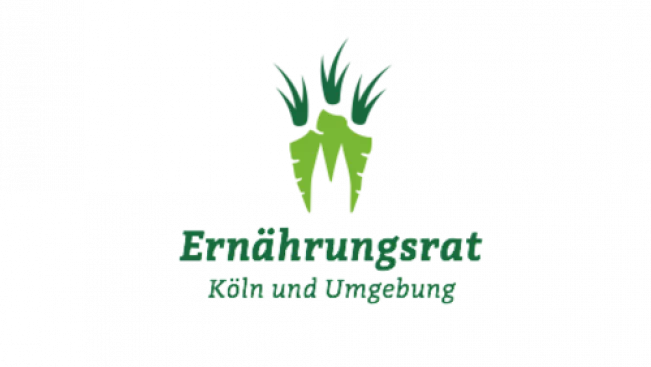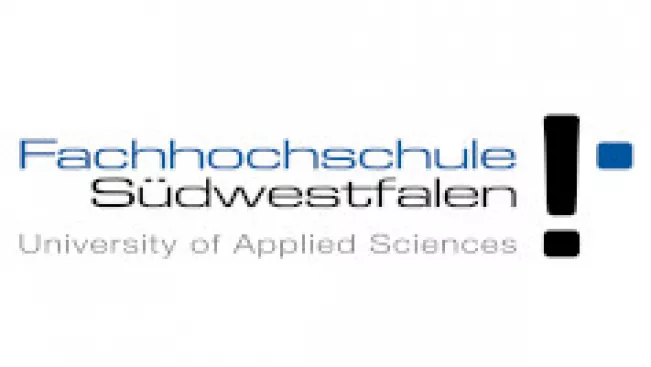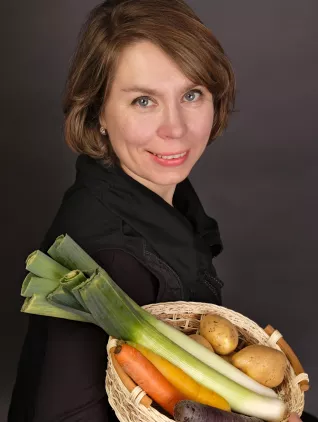Investigation on a sustainable and resilient urban food system in the city of cologne
Research project at a glance
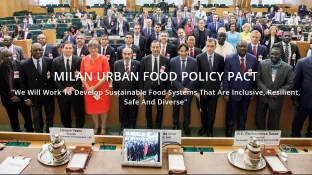
Departments and Instituts
Period
01.06.2017 to 31.12.2017
Project Description

By signing the Milan Urban Food Policy Pact (MUFPP), the local government of the city of Cologne recognizes that a more actively oriented food policy is necessary. Such a rethinking of the current global food system seems timely and innovative. On a global level, similar examples can be seen, which already show first progress. Worldwide, 133 cities have signed the Milan Urban Food Policy Pact; following the signing, food councils or similar multi-stakeholder platforms have been established in some of these cities. A food council was also established in Cologne in March 2016. The Food Council acts both as a forum for food issues and as a platform for coordinated activities/measures where consumers, producers, local business and municipal administration can exchange ideas. On this basis, the Nutrition Council develops a nutrition policy concept for the city of Cologne.
The stakeholders involved, and here in particular the decision-makers, such as mayors, need applicable knowledge in order to specifically promote and consolidate the burgeoning urban initiatives. This requires a comprehensive analysis of all stakeholders with regard to their position and tasks on the topic of urban nutrition in order to be able to assess the relevance of these social innovations in NRW and, in perspective, throughout Germany.
Actors of urban food systems
To date, little is known about urban food system actors and how they incorporate nutrition into their work agendas, particularly in the area of local government, both for the municipality and for the nutrition council. Their institutional mandate and individual priorities (setting) can be key determinants of success or failure. Only a fairly rudimentary inventory of internal responsibilities and linkages exists. In particular, the integration of different actors and stakeholders in urban food provision is insufficiently explored. The planned project will fill a gap here. The representation (mapping) of the actors, their roles, their relevance in the urban food system of the city of Cologne - a so-called food geography - and the quantification of the benefits of this system will provide scientifically and practically relevant results that are equally important for consumer research, consumer protection and consumer policy action. The activities/activities of all identified stakeholders will be analyzed in terms of alignments and/or divergences with MUFPP goals to provide insights into the level of awareness and potential implementation approaches/measures of the MUFPP. In addition, existing evidence (facts and figures) will be analyzed and made available to stakeholders for improved adjustment of policy decisions related to urban food systems.
Cooperation partners
